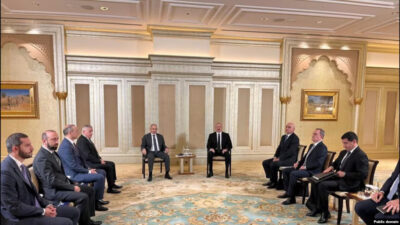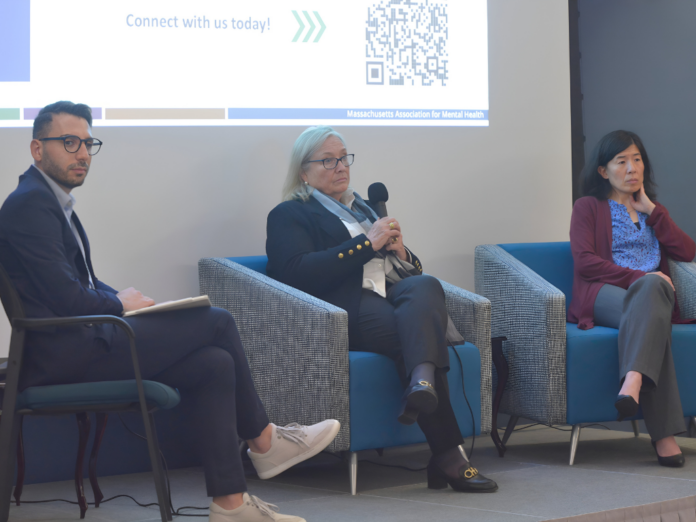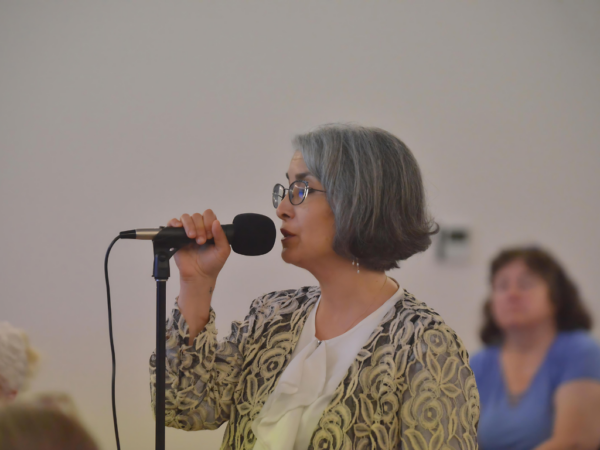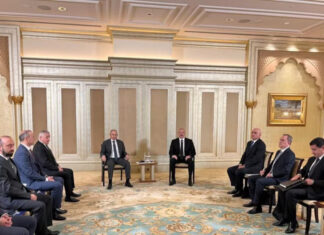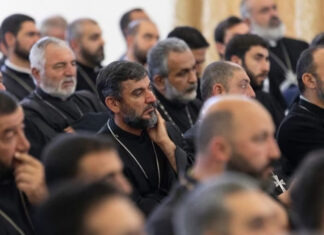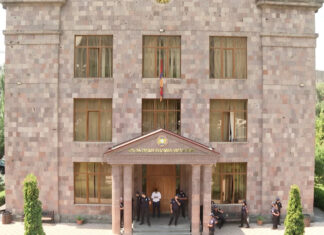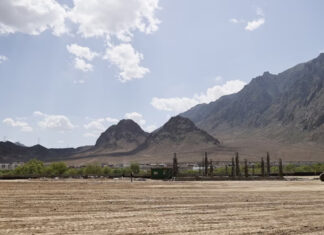YEREVAN — Accomplishing mental balance and inner peace is much more challenging when navigating historical trauma, which passes through generations, over and over in a vicious circle.
In order to care for and be able to help those who are enduring great loss, it’s vital to gain a deep understanding of the layers of particular challenges they face.
For Armenians across the world, whose ancestors survived the 1915 Armenian Genocide, the Azerbaijani attack on Karabakh (Artsakh) on September 19, 2023, heaped devastation upon unhealed wounds.
Established in 2021, the Mental Health Awareness Initiative (MHAI) NGO is dedicated to promoting mental health awareness, well-being, and accessibility to mental health care in Armenia. In the aftermath of the 2020 Nagorno-Karabakh conflict, their mission became even more critical as the need for support and understanding reached unprecedented levels.
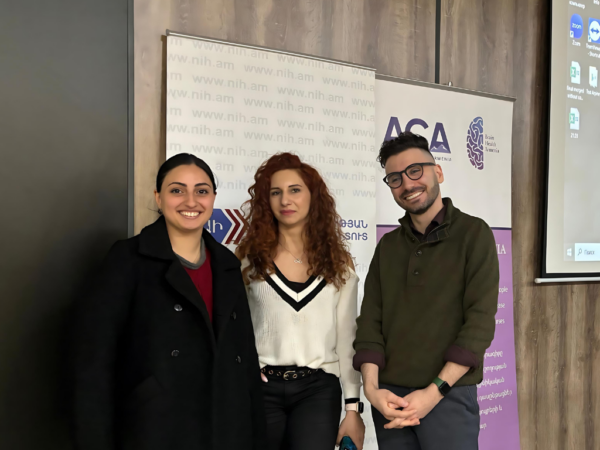
It is important to understand that people who have experienced trauma and extreme loss, and those who continue to face uncertainty, need a capable helping hand and support to be able to heal, live joyfully in healthy relationships, and have the chance to thrive.
Because of this simple truth, when faced with the reality of our compatriots being forcibly displaced from their homes, we have made an executive decision to act and to support/initiate programs for those impacted, in anticipation of a greater humanitarian crisis.
